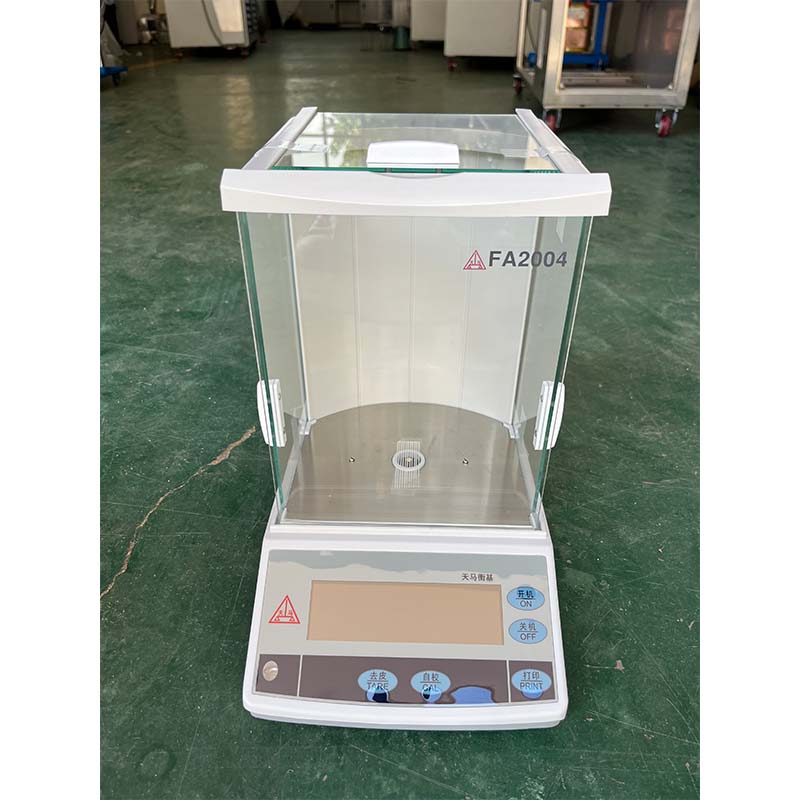Choosing the Right Electrical Resistance Tester for Accurate Measurement and Reliability in Your Projects
Understanding the Importance of Electrical Resistance Testers
Electrical resistance testers, often referred to as ohmmeters, play a critical role in the evaluation and maintenance of electrical systems. Whether in industrial settings, construction sites, or home electrical applications, these devices ensure that circuits are functioning safely and efficiently. This article explores the significance, functionality, and applications of electrical resistance testers in modern electrical engineering.
What is Electrical Resistance Testing?
Electrical resistance testing involves measuring the opposition that an electrical circuit presents to the flow of current. The resistance is typically measured in ohms, symbolized by the Greek letter omega (Ω). By determining the resistance in various components or circuits, technicians can assess the reliability of electrical systems and identify potential issues before they escalate into significant problems.
The Functionality of Electrical Resistance Testers
Electrical resistance testers operate by applying a known voltage to a circuit and measuring the current that flows through it. By using Ohm's law (V = IR), where V is voltage, I is current, and R is resistance, the tester calculates the resistance value. There are various types of resistance testers, including handheld digital multimeters, specialized ohmmeters, and advanced insulation resistance testers. Each type serves different purposes, from simple continuity tests to comprehensive insulation assessments.
1. Handheld Digital Multimeters These versatile devices can measure voltage, current, and resistance, making them ideal for general troubleshooting. They are user-friendly and suitable for both professionals and DIY enthusiasts.
2. Specialized Ohmmeters Designed specifically for measuring resistance, these testers provide accurate readings and often include features for testing continuity and diode functionality.
3. Insulation Resistance Testers These testers apply a high voltage (typically 250V, 500V, or 1000V) to evaluate the insulation of electrical wires and equipment. They help ensure that insulation materials are not degrading, which can lead to faults or safety hazards.
electrical resistance tester

Applications in Various Industries
Electrical resistance testers are used across numerous industries, each benefiting from their ability to promote safety and efficiency.
1. Construction and Electrical Installation Before commissioning new installations, electricians use resistance testers to ensure that circuits are properly wired and that insulation is intact. This helps prevent electrical shorts and reduces the risk of fires.
2. Maintenance and Troubleshooting Regular testing of electrical systems can help identify weak points or deteriorating components before failures occur. This approach minimizes downtime and costly repairs, particularly in industrial settings where machinery relies on consistent electrical supply.
3. Automotive Industry With modern vehicles becoming increasingly reliant on sophisticated electrical systems, resistance testers are essential for diagnosing electrical faults, ensuring proper functioning of systems like fuel pumps, ignition coils, and lighting.
4. Renewable Energy As the use of solar panels and wind turbines grows, electrical resistance testers are used to evaluate the integrity of wiring and connections in these systems, assuring reliable energy delivery.
Conclusion
Electrical resistance testers are invaluable tools in ensuring the safety and reliability of electrical systems across various sectors. By identifying potential problems early, these devices not only enhance safety but also contribute to the efficiency and longevity of electrical installations. As technology advances, the capabilities of electrical resistance testers continue to improve, making them essential instruments in the ever-evolving field of electrical engineering. Whether you are a professional electrician or a home DIY enthusiast, understanding and utilizing electrical resistance testers can significantly enhance your ability to manage and maintain electrical systems effectively.
-
Why the Conductor Resistance Constant Temperature Measurement Machine Redefines Precision
NewsJun.20,2025
-
Reliable Testing Starts Here: Why the High Insulation Resistance Measuring Instrument Is a Must-Have
NewsJun.20,2025
-
Flexible Cable Flexing Test Equipment: The Precision Standard for Cable Durability and Performance Testing
NewsJun.20,2025
-
Digital Measurement Projector: Precision Visualization for Modern Manufacturing
NewsJun.20,2025
-
Computer Control Electronic Tensile Tester: Precision and Power for the Modern Metal Industry
NewsJun.20,2025
-
Cable Spark Tester: Your Ultimate Insulation Assurance for Wire and Cable Testing
NewsJun.20,2025
 Copyright © 2025 Hebei Fangyuan Instrument & Equipment Co.,Ltd. All Rights Reserved. Sitemap | Privacy Policy
Copyright © 2025 Hebei Fangyuan Instrument & Equipment Co.,Ltd. All Rights Reserved. Sitemap | Privacy Policy
